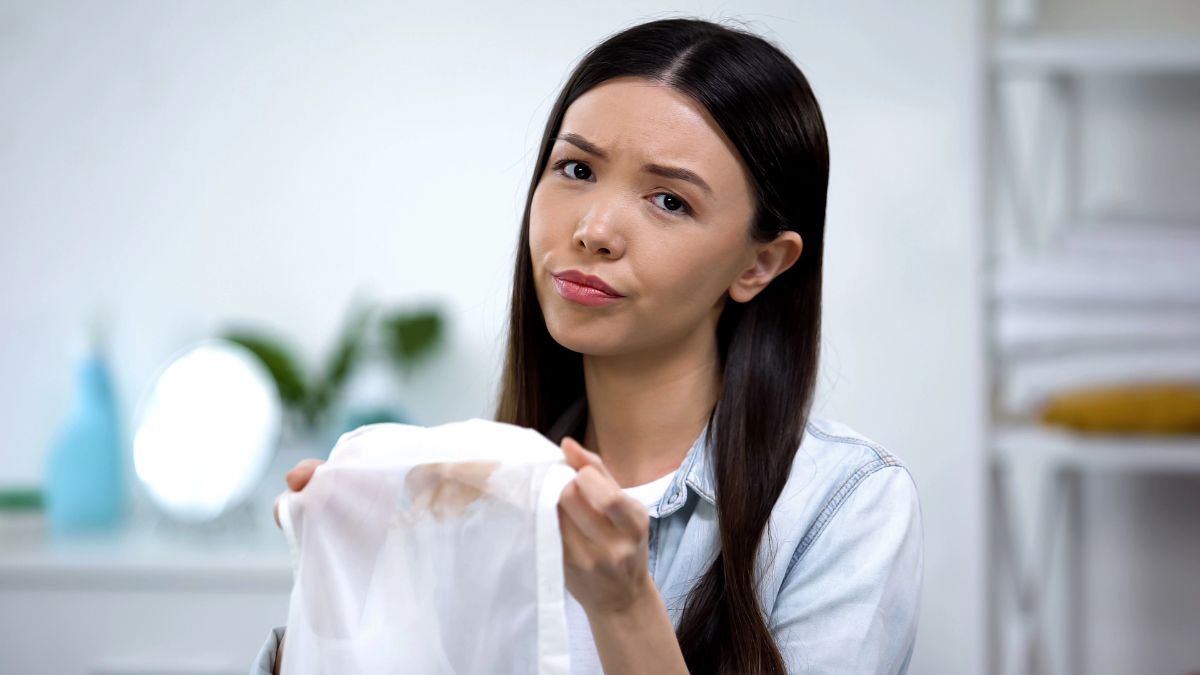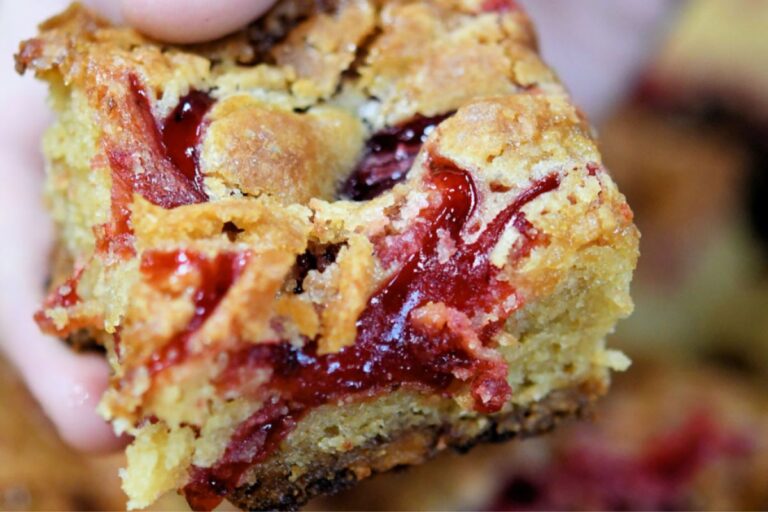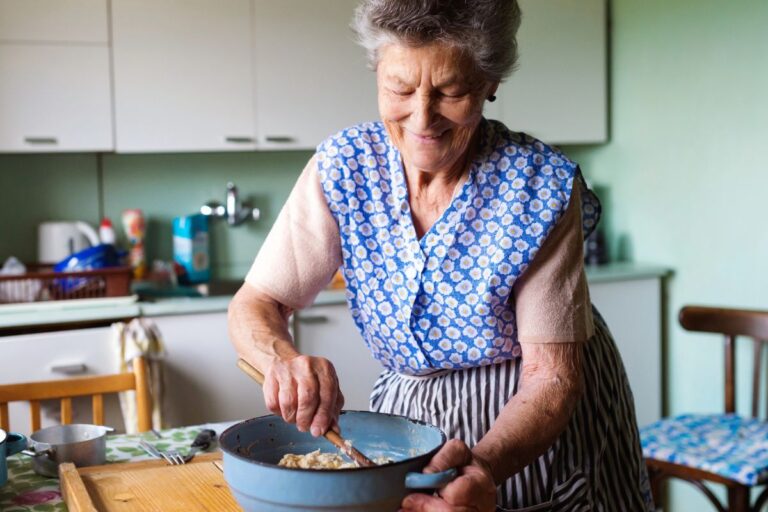15 Surprising Things You Never Knew Not to Clean with Dish Soap
Dish soap is a go-to cleaner in many households, known for cutting grease and making dishes sparkle. However, you should never clean several items and surfaces with dish soap. While it’s great for washing plates and silverware, dish soap can damage certain materials or leave unwanted residues.
Knowing what not to clean with dish soap can save you time and effort and prevent damage to your belongings. Here are many surprising things you should avoid cleaning with dish soap.
Cast Iron Skillets
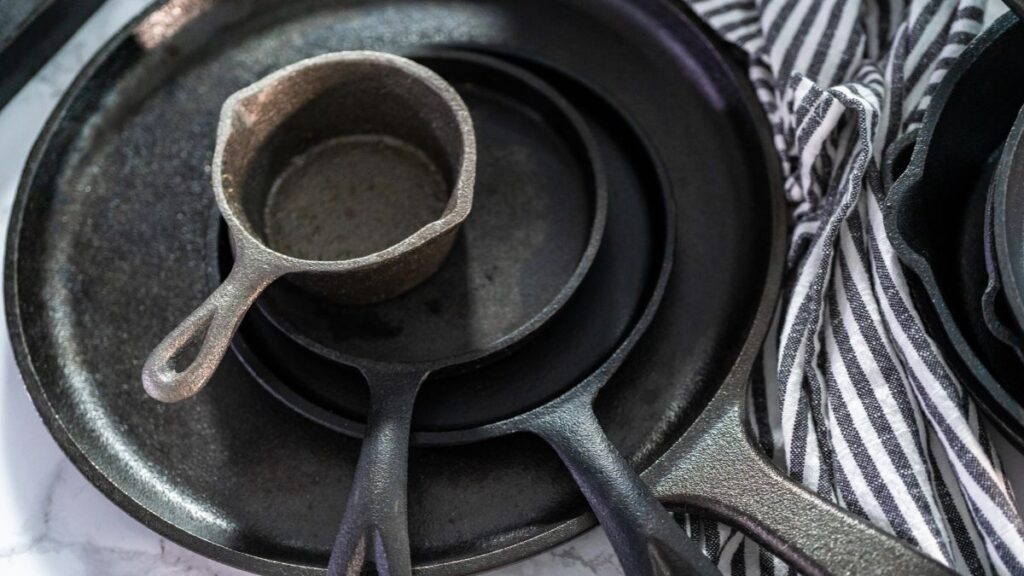
Cast iron skillets require special care, and dish soap can strip away their seasoning. The protective layer on a cast iron skillet helps prevent rust and makes it non-stick. Cleaning it with dish soap removes this important coating, which means you’ll need to re-season the pan frequently.
Instead, use hot water and a stiff brush to clean your cast iron skillet. A bit of salt can help scrub away tough residue without damaging the seasoning. Keep your cast iron skillet in top shape by avoiding dish soap.
Wooden Cutting Boards
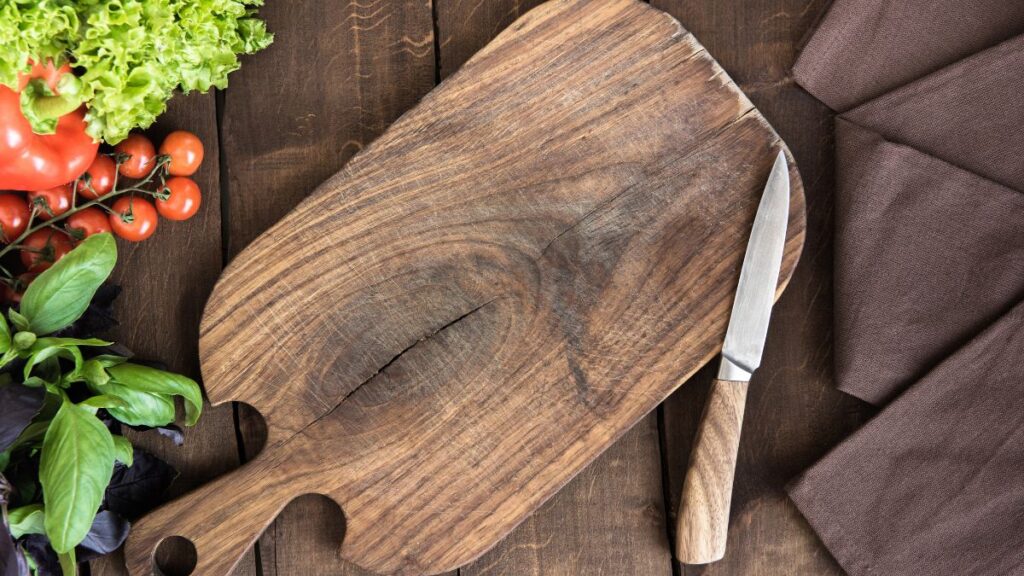
Wooden cutting boards can absorb the moisture and chemicals in dish soap, which can lead to warping or cracking over time. Dish soap can also leave behind a residue that’s difficult to rinse off completely from porous wood surfaces.
To clean a wooden cutting board, use a mixture of coarse salt and lemon or vinegar to naturally disinfect and deodorize it. Rinse with hot water and let it air dry. This method will keep your cutting board clean without damaging the wood.
Silk Fabrics
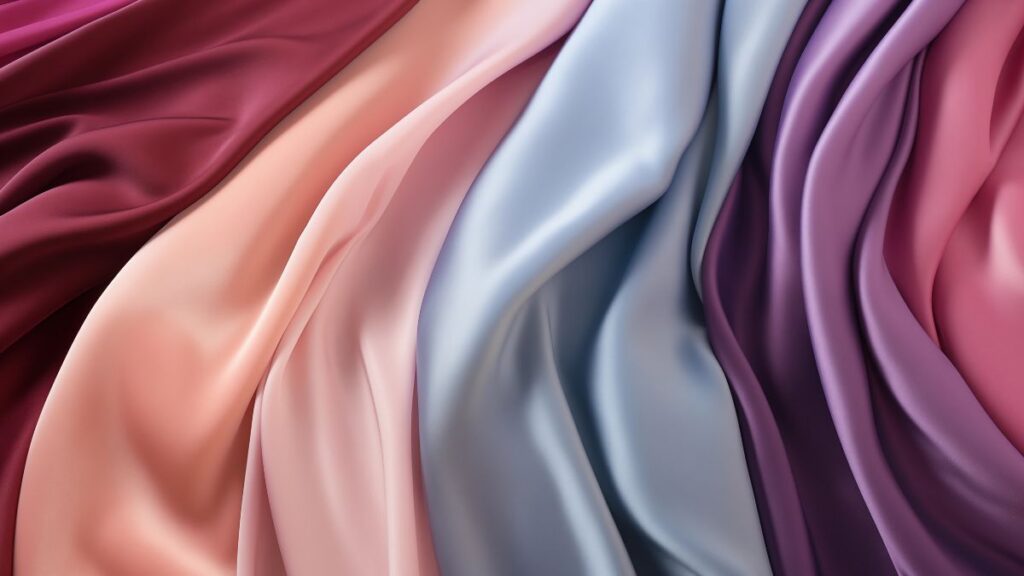
Silk is a delicate fabric that needs gentle handling. Dish soap is too harsh for silk and can cause the fibers to weaken or discolor. When cleaning silk items, it’s better to use a specially formulated silk detergent or take it to a professional cleaner.
If you need to hand wash silk, use cool water and a mild, pH-balanced detergent. Gently swirl the fabric and avoid wringing it out. Dish soap is just too strong for this luxurious material.
Leather Furniture
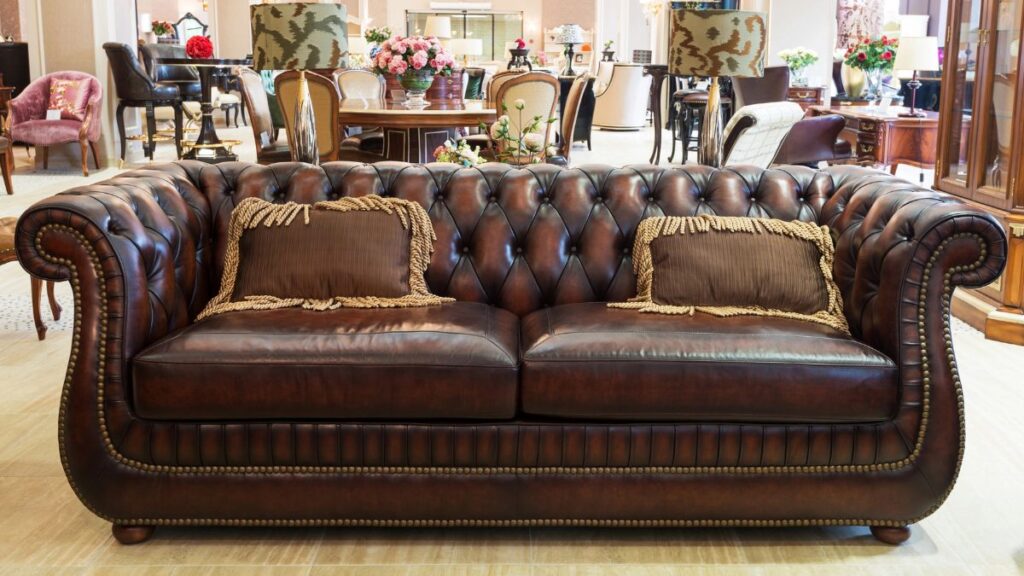
Leather furniture should never be cleaned with dish soap, as it can strip the leather of its natural oils and cause it to dry out and crack. Instead, use a leather cleaner or a mix of mild soap and water.
Always test the cleaner on a small area first to ensure it won’t damage the leather. After cleaning, use a leather conditioner to restore moisture and shine. Regular maintenance will keep your leather furniture looking great for years to come.
Car Windows

Dish soap can leave streaks and a cloudy residue on car windows, which can obstruct your view. The soap’s grease-cutting properties aren’t designed for glass, and they can leave behind a film that’s difficult to remove.
Instead, use a window cleaner specifically made for automotive glass. This ensures a streak-free shine and clear visibility while driving. For an eco-friendly option, a mix of vinegar and water also works well on car windows.
Stone Countertops
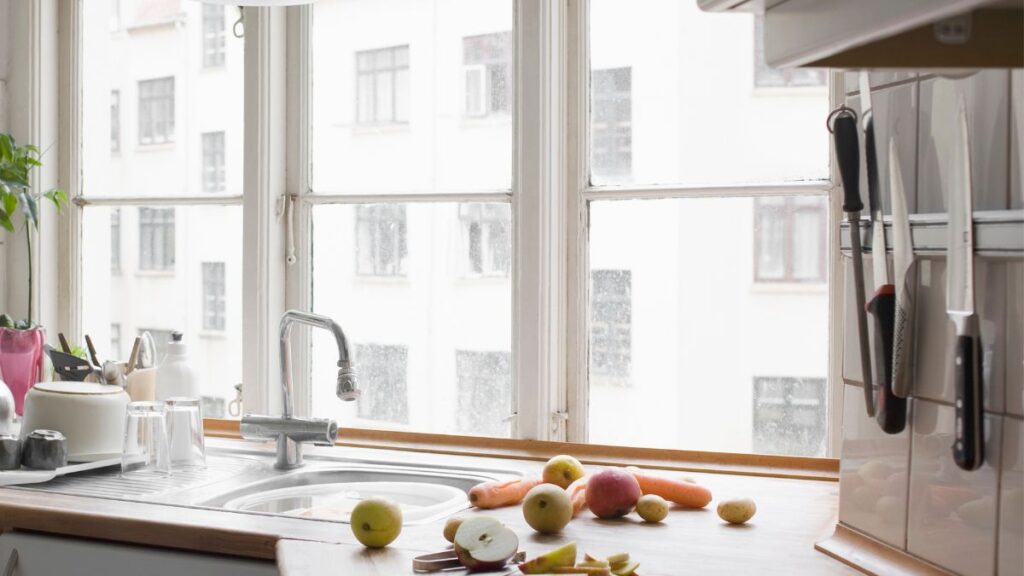
Natural stone surfaces like granite or marble should never be cleaned with dish soap. The soap can leave behind a film that dulls the stone’s finish over time, and repeated use can cause staining.
Instead, use a cleaner specifically formulated for stone countertops or a mild soap that won’t leave residue. Regularly wipe down stone surfaces with a soft cloth and water to keep them clean. Keeping your countertops in good condition means skipping the dish soap.
Nonstick Pans
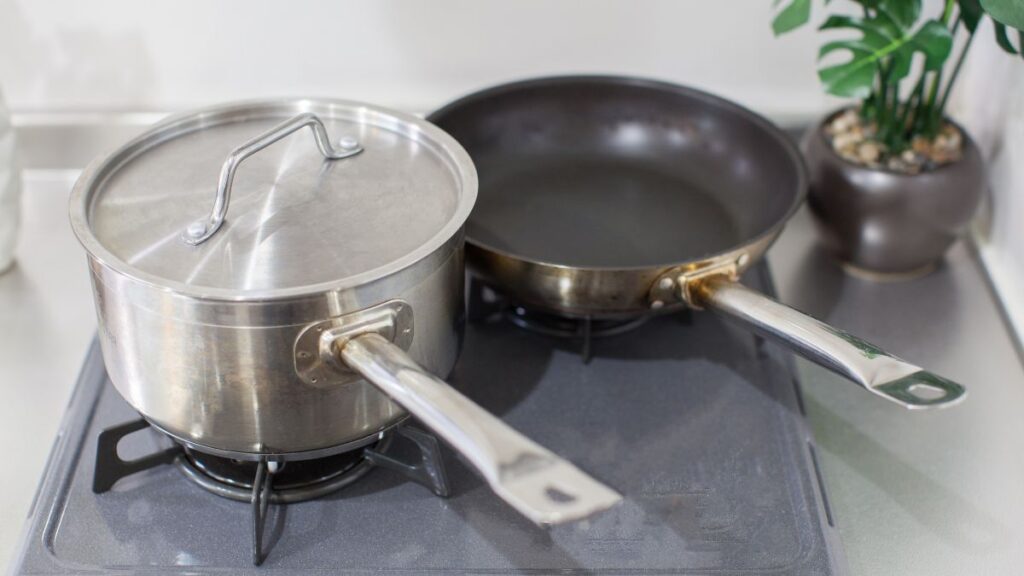
Dish soap can weaken the nonstick coating on pans over time, reducing their effectiveness. Harsh chemicals in dish soap can break down the surface, causing food to stick more easily.
It’s better to wash nonstick pans with warm water and a soft sponge, avoiding abrasive scrubbers. For stubborn stains, a little baking soda and water paste can do the trick. Preserve your nonstick pans by keeping dish soap away from them.
Aquariums
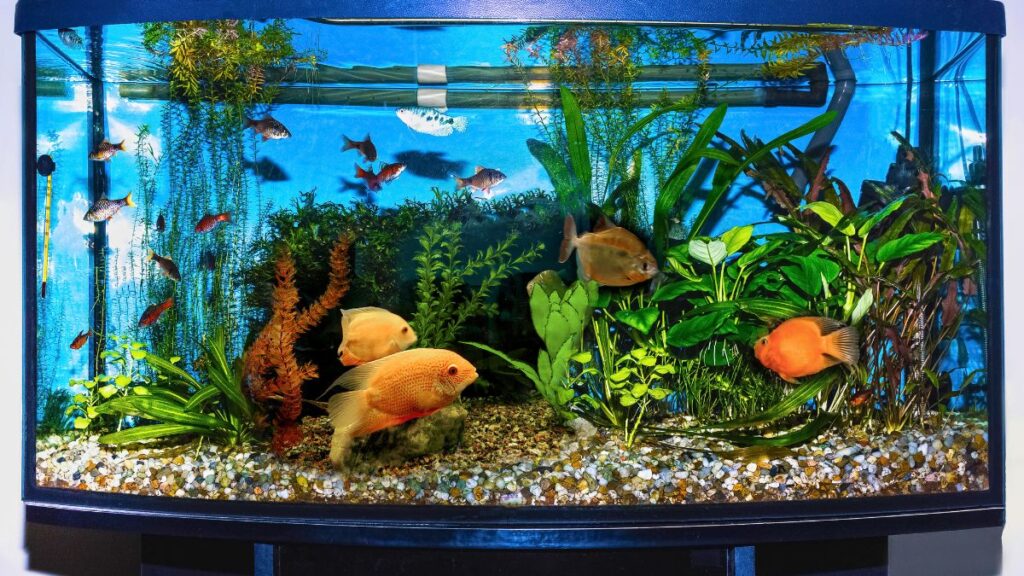
Cleaning an aquarium with dish soap can be harmful to the fish and other aquatic life inside. Even a small amount of dish soap residue left behind can be toxic to fish. To clean an aquarium, use only water and aquarium-safe cleaners that won’t harm the tank’s ecosystem.
Be sure to thoroughly rinse any decorations or equipment with fresh water before putting them back into the tank. Keeping dish soap away from aquariums will help ensure the health of your fish.
Stainless Steel Appliances
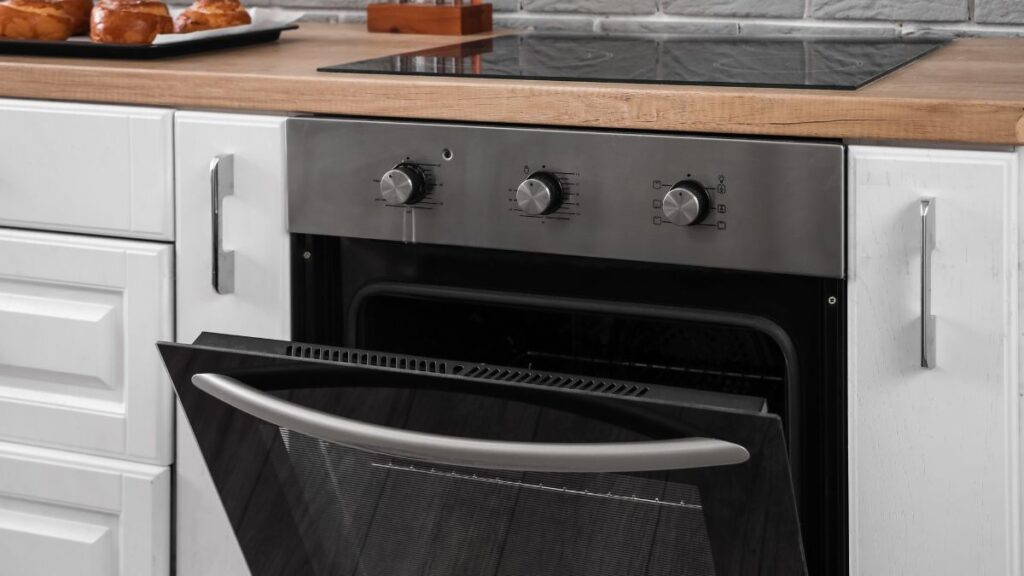
While dish soap may seem like a good idea for cleaning stainless steel, it can leave streaks and residue. Over time, this can dull the shiny surface of your appliances. Instead, use a stainless steel cleaner or a mixture of vinegar and water for a streak-free finish.
Always wipe in the direction of the grain to avoid scratches. Proper care will keep your stainless steel appliances looking sleek and new.
Clothing Stains

Dish soap is often recommended for grease stains, but using it on delicate or colored fabrics can cause fading or damage. The harsh chemicals in dish soap can strip fabric dyes, especially if used repeatedly.
Instead, use a laundry detergent designed for stain removal or spot treat with a gentle soap. Be cautious with delicate fabrics like wool or silk, which require extra care. For most stains, dish soap just isn’t the best option.
Eyeglasses

Dish soap can leave a cloudy film on eyeglass lenses, which makes it harder to see clearly. The soap may also contain ingredients that are too harsh for the lens coatings, potentially causing scratches or damage.
Instead, use a lens cleaner specifically made for eyeglasses, along with a microfiber cloth to avoid streaks. A vinegar and water solution also works in a pinch. Keeping dish soap away from your glasses will help them stay clear and scratch-free.
Jewelry
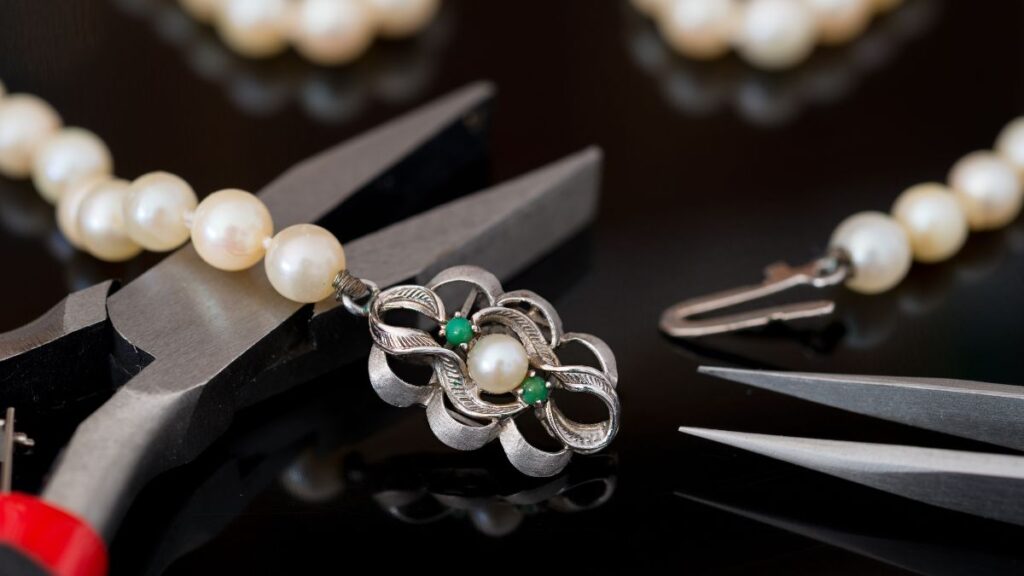
Many people think dish soap is a good option for cleaning jewelry, but it can actually damage certain types of metals and gemstones. The soap can dull the shine of your jewelry, especially on softer stones like pearls or opals.
For a gentle clean, use warm water and a soft toothbrush with a jewelry-specific cleaner. For delicate pieces, it’s best to take them to a professional. Dish soap may seem harmless, but it’s not the best choice for your precious jewelry.
Hardwood Floors

Dish soap can leave a residue on hardwood floors that builds up over time, making them look dull and lifeless. The moisture from the soap can also cause the wood to warp or weaken. Instead, use a cleaner specifically designed for hardwood floors or a mixture of vinegar and water.
Always dry the floor immediately after cleaning to prevent water damage. To keep your floors looking their best, avoid using dish soap altogether.
Silverware
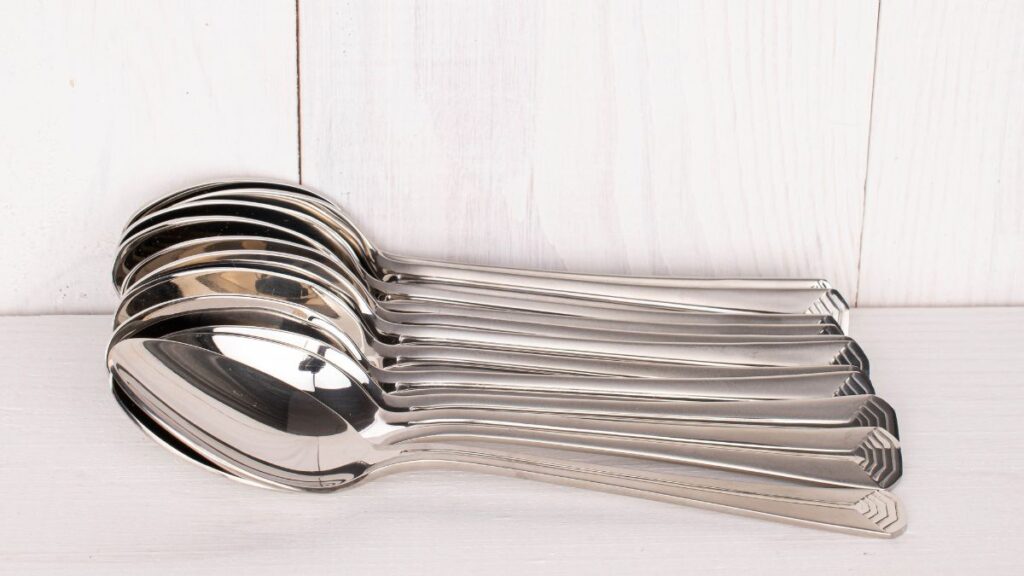
While dish soap is fine for regular stainless steel utensils, it’s not suitable for cleaning silver or silver-plated items. Dish soap can tarnish silverware and dull its shine. Use a specialized silver cleaner to maintain the bright, polished look of your silverware.
For a DIY approach, you can also clean silver with a mixture of baking soda and aluminum foil. Keeping dish soap away from your silver will help preserve its beauty.
Hair

Surprisingly, some people use dish soap to remove buildup from their hair, but this is a bad idea. Dish soap is far too harsh for your scalp and hair, stripping away natural oils and leaving it dry and damaged.
Stick to shampoos that are designed to cleanse hair without causing harm. If you need a deep clean, look for clarifying shampoos instead. Using dish soap on your hair can lead to breakage and scalp irritation, so it’s best to avoid it.
15 Places Where You’re Expected to Tip—But You Really Don’t Have To
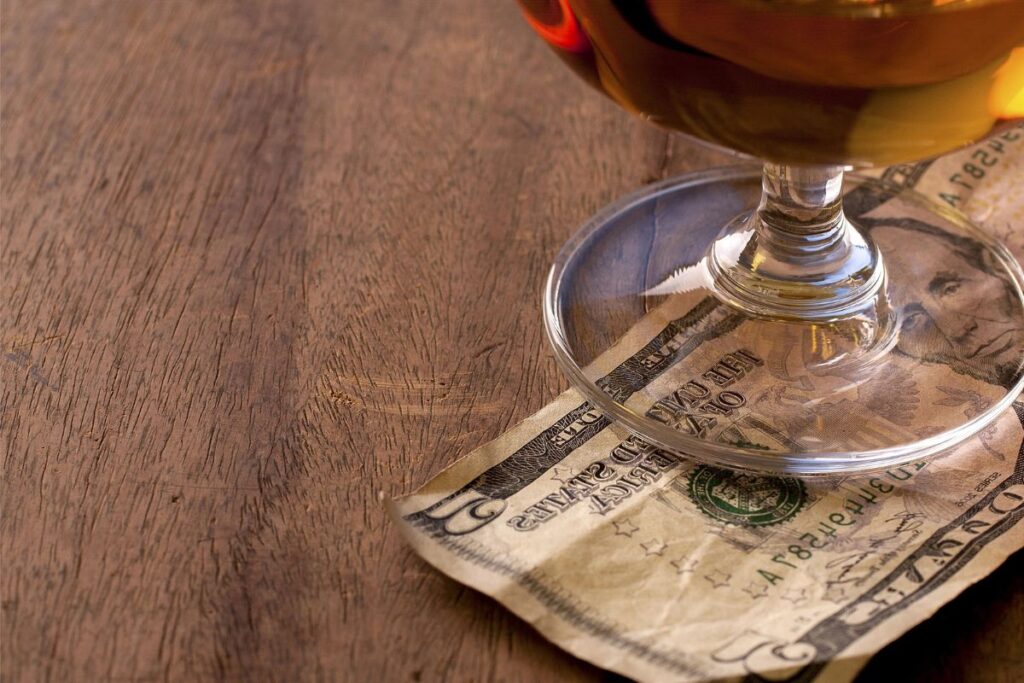
Tipping has become a widespread practice in many industries, with the expectation that you’ll leave a little extra for good service. However, not every situation truly warrants a tip, even if you feel pressured to give one.
15 Places Where You’re Expected to Tip—But You Really Don’t Have To
15 Most Annoying Habits of American Tourists When Dining Abroad

Traveling abroad is an exciting adventure, and dining in new places is a big part of the experience. However, some common behaviors by American tourists can be frustrating for locals and affect the dining experience.
15 Most Annoying Habits of American Tourists When Dining Abroad

